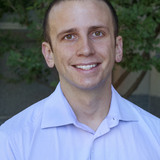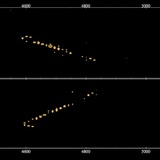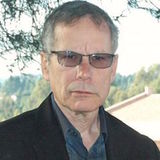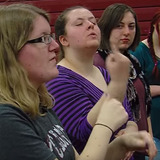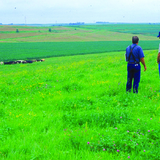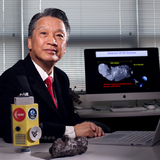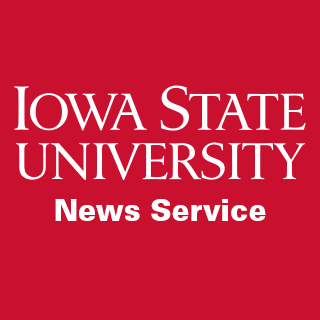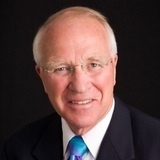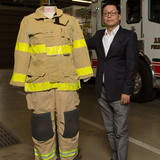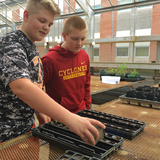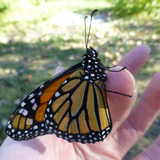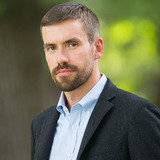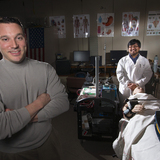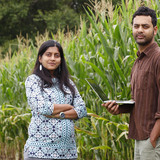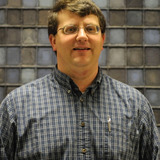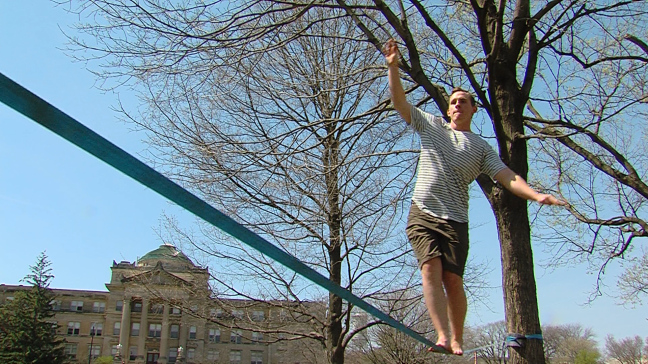News Archive
Friday, April 15 2016
-
National Science Foundation grant to help Iowa State researchers develop genetic tools to improve performance of yams as global food staple
A new grant from the National Science Foundation will allow ISU researchers to study the genome of the yam, an important crop in global agriculture. The research team will utilize revolutionary genome-editing technology including the CRISPR/Cas9 system to develop an array of tools that could answer specific questions regarding yam gene function.
-
White House correspondent Steve Thomma will speak at ISU April 21
A senior White House correspondent will speak about the media and the presidential campaign as part of Iowa State's First Amendment Day series. Steve Thomma, political editor for McClatchy, will present "The Press, the Presidency and the Campaign" at 7 p.m. Thursday, April 21, in the Memorial Union Sun Room. His talk is free and open to the public.
-
ISU economist working to better assess the costs of climate change
To effectively combat climate change, an Iowa State University economist says we need to better understand the costs. Ivan Rudik says estimates of the damage from greenhouse gas emissions are highly uncertain. Better assessment will help find the most effective ways to reduce emissions and address climate change.
-
Iowa State physicist analyzes first electron neutrino data from NOvA Experiment
Iowa State physicists are part of the huge NOvA Neutrino Experiment. The experiment just published two papers about the first experimental observations of muon neutrinos changing to electron neutrinos. The discovery could offer insight into fundamental neutrino properties such as mass and could help explain the dominance of matter in the universe.
-
Mideast historian will discuss the Syrian refugee crisis April 20 at ISU
James Gelvin, author of "The Modern Middle East: A History," will open a discussion about the Syrian refugee crisis Wednesday, April 20. "The Syrian Refugee Crisis: How Did We Get Here and Where Do We Go?" will begin at 8 p.m. in the Memorial Union Great Hall. Gelvin's talk will be followed by remarks from Carly Ross, director of the U.S. Committee for Refugees and Immigrants in Des Moines; and Nell Gabiam, assistant professor of anthropology and political science. A question-and-answer session will follow.
-
More than learning a language, students experience what it means to be deaf
Language is about more than words. Whether they are written, spoken or signed, words are part of a language that cannot be separated from the culture. This philosophy is the foundation of the American Sign Language program at Iowa State University.
-
New Iowa State University research shows more cattle in Iowa may limit ag-related greenhouse gas emissions
Integrating more cattle production into Iowa’s agricultural portfolio may cut the state’s greenhouse gas emissions and lead to other environmental benefits, according to a new study co-authored by an Iowa State University researcher.
-
Change Agent: Bong Wie
Iowa State's Bong Wie came to campus nine years ago hoping to pursue a new and big idea in aerospace engineering. He picked asteroid defense -- aka saving the planet -- and founded the Asteroid Deflection Research Center. Now, the concepts developed by Wie and the center are being evaluated by a group of researchers from NASA and three national laboratories.
-
Iowa State University students named Goldwater Scholars
Seniors Aubrey Foulk and Samuel Schulte have been awarded Goldwater Scholarships, the nation's premier undergraduate scholarship in mathematics, natural sciences and engineering. Junior Charles Labuzzetta received an honorable mention. The scholarships are awarded by the Barry Goldwater Scholarship and Excellence in Education Foundation and recognize students of outstanding potential who intend to pursue careers in research. A total of 252 Goldwater Scholars were selected on the basis of academic merit from a field of 1,150 applicants nationwide.
-
Iowa Public Radio's Dean Borg wins 2016 Schwartz Award
Dean Borg, senior correspondent and producer for Iowa Public Radio, will receive the 2016 James W. Schwartz Award. The award is selected by faculty of Iowa State's Greenlee School of Journalism and Communication, and is the highest honor conferred by the school. Schwartz was ISU's longtime journalism department chair.
-
Iowa State a partner in new textile manufacturing institute
Iowa State University is part of a new $317 million public-private partnership working to improve the design and function of protective clothing for military, emergency responders and other professionals.
-
Nearly 700 students to fill Hilton Coliseum with their science and tech research
The State Science and Technology Fair of Iowa returns to Iowa State's Hilton Coliseum on Thursday and Friday, March 31 and April 1. The public is invited to stop by and meet the next generation of scientists and engineers. Public viewing of high school projects is 2-6 p.m. on Thursday. Public viewing of junior high and award-winning high school projects is 9 a.m. to 6 p.m. on Friday. Admission is free.
-
Iowa State University researcher helps to forecast the chances of monarch butterfly survival
Monarch butterflies in North America may face quasi-extinction in the next 20 years unless something is done to expand their population capacity, according to an Iowa State University researcher. The eastern migratory monarch population declined 84 percent between 1996 and 2014.
-
Understanding ISIS, Middle East violence and what the resulting refugee crisis means for the U.S.
An Iowa State University expert in modern Middle Eastern history says the bombings in Brussels are yet another example of how ISIS is using violence to achieve a much broader objective. Michael Christopher Low says to appropriately respond to the terror threat, it is necessary to understand ISIS's goals and motivations, as well as the long-term impact of violence in the Middle East.
-
Iowa State’s ATHENA Lab dedicated to augmenting, understanding human performance
Iowa State's ATHENA Lab is full of sensors, tools and research equipment, including a full-sized mannequin for studies of suturing techniques. Richard Stone, Thomas Schnieders and a team of graduate students use the engineering lab to find ways to augment human performance. That includes developing better ways to train welders, design body armor or place UPC codes on packages.
-
Government use of technology has potential to increase food security
Acceptance of information technology can play a vital role in meeting the demand for food in developing countries, according to a new study by Iowa State University researchers. The research is published in the journal Information Technologies and International Development.
-
New Iowa State University research seeks to answer lingering questions on the leading cause of lameness in cattle
Recently published research from a team of ISU veterinarians takes a close look at the epidemiology of bovine digital dermatitis, revealing new information on how the disease develops and how likely it is to recur after treatment. The disease is the leading cause of lameness in cattle and has grown as a concern among beef producers in recent years.


